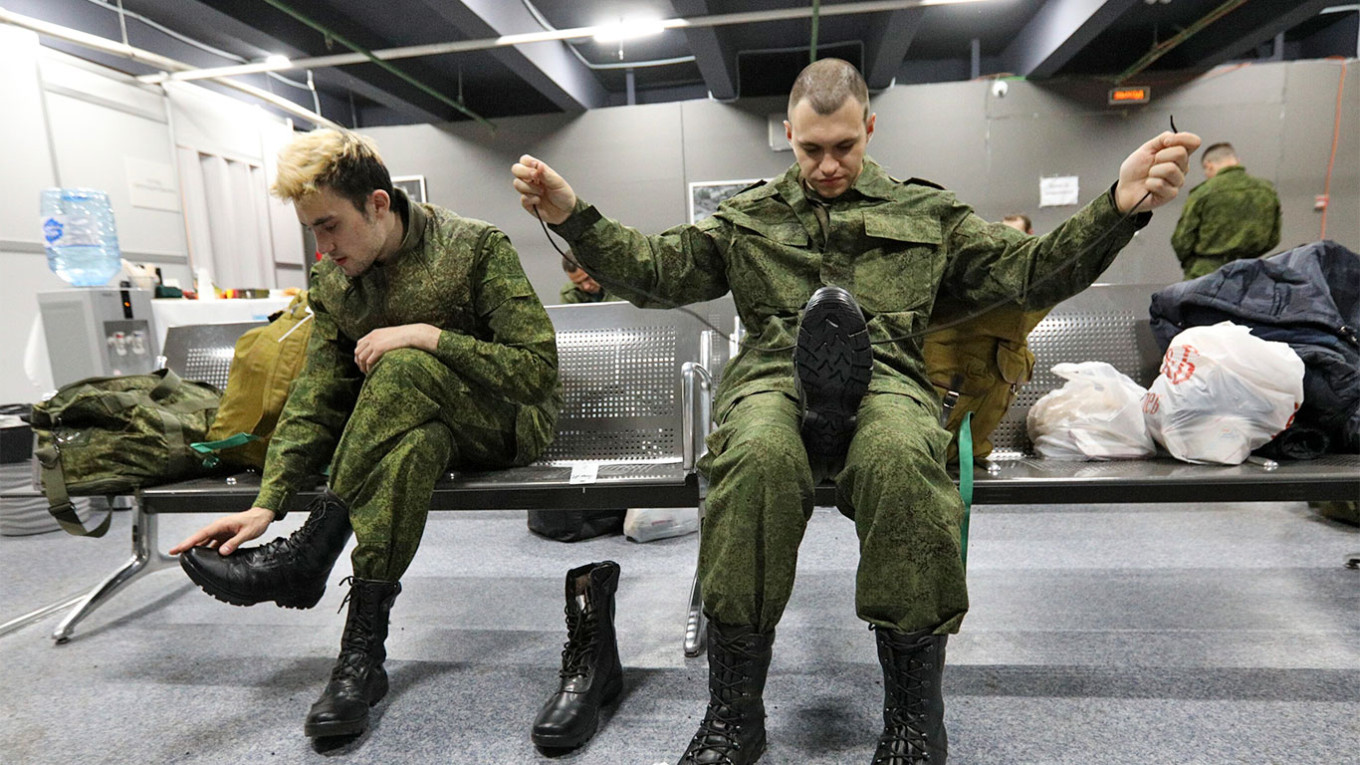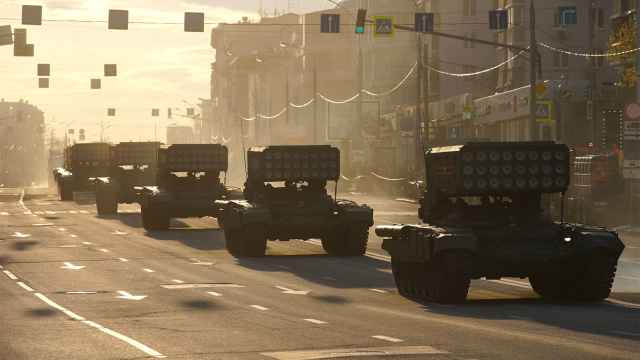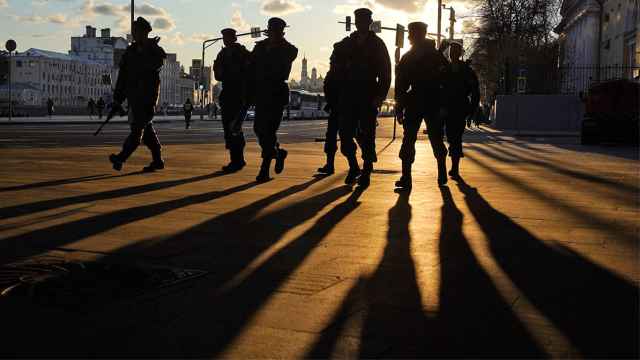Yevgenia Kuzevanova has been raising money to buy everything from first aid kits to instant noodles for Russian forces in Ukraine.
Her online group Help for Soldiers, which is based in Russia’s Sverdlovsk region near the Ural mountains, is one of many civilian movements frantically gathering basic equipment for an under-equipped Russian army.
“This is our personal desire, this is our duty!” Kuzevanova said in an exchange on messaging service WhatsApp.
“We are patriots of our country.”
The supply problems suffered by the Russian Armed Forces are the result of its losses over seven months of fighting in Ukraine, as well as corruption and mismanagement, according to experts. And, as tens of thousands more men are conscripted into the military under “partial” mobilization, the need for groups like Help for Soldiers is only likely to grow.
“Due to the mobilization, everything that we would like to buy for the next shipments has catastrophically sold out,” Help for Soldiers posted Thursday.
“We decided to buy as many warm clothes as possible while they are still available.”
Despite Russia having the world’s fifth-biggest defense budget — estimated at about $66 billion a year — the work of these grassroots groups reveals how those sent to the frontlines often lack basic supplies, including food, warm clothes and medicine.
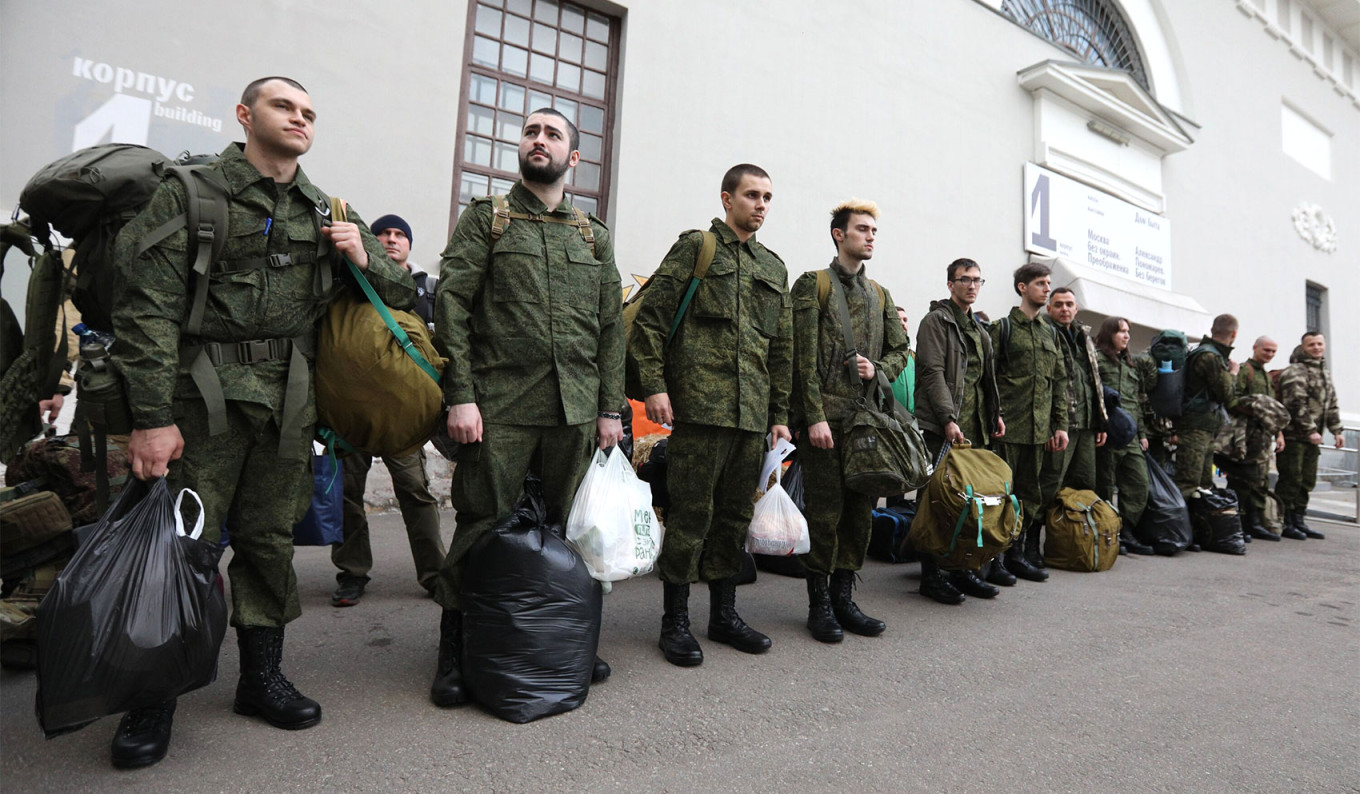
Unverified video footage that emerged last week showed an officer telling newly mobilized men to buy their own first aid equipment, including tampons that they could use to staunch bullet wounds.
The rush to buy supplies from private dealers in the wake of Russian President Vladimir’s announcement of “partial” mobilization last month has meant the price of military equipment has soared in recent days.
The 6B45 body armor — a staple item among Russia’s ground forces that claims to provide protection against a Kalashnikov rifle from as close as 10 meters — was selling over the weekend on online marketplace Avito for 40,000 rubles ($700).
“Today our goal is medicines,” Help for Soldiers wrote Sunday in a plea to its more than 800 subscribers on its page on Russian social network VKontakte.
“We are focusing on dressings, hemostatic agents (very necessary and important), painkillers (weak and strong), cold and cough remedies, antihistamines and anti-shock drugs.”
Often run by women — some of whom have sons, husbands, brothers or fathers fighting in Ukraine — these groups raise money not only by appealing to people’s patriotic feelings, but also by relaying pleas and requests from those on the frontlines.
“Tea, coffee, gloves, cellophane or something to protect from the rain. For 15 people or however much you can get. With love,” requested one soldier, according to a screenshot of a WhatsApp message posted last month in the Russian Spring Z group on VKontakte.
In addition to medicines and basic supplies, these groups often also send photos and letters, sometimes from children, in an apparent attempt to boost morale.
“The soldiers also write letters in response,” Kuzevanova said.
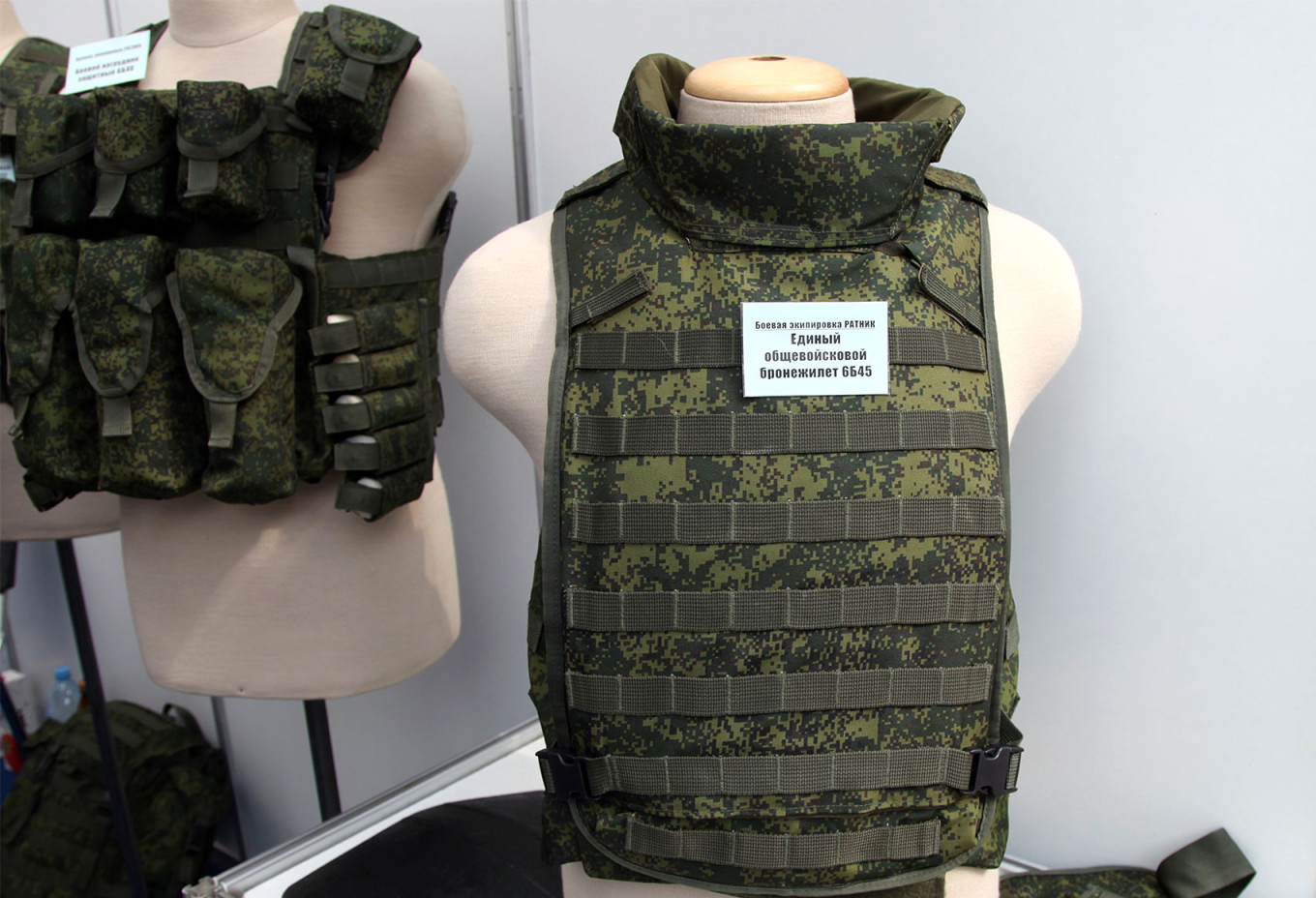
Though crowdfunding has long played a role in warfare, it has traditionally been limited to providing soldiers with non-essentials, according to Ben Hodges, a former general who led U.S. forces in Iraq and Afghanistan.
But Russia’s crowdfunding efforts reach way beyond that.
“The fighters have asked for a weather station and barometer, a drone, a diesel generator, body armor, 10 [pieces of] camouflage netting, a camp bed, 15 lots of winter clothing, and 200 polypropylene bags,” another crowdfunding group — We Don’t Give Up On Our Own – Help our Soldiers — posted last week on their VKontakte page.
Shortages of key pieces of equipment underscore the systemic supply problems faced by Russia’s Armed Forces, Hodges said.
“It's unacceptable that a modern army wouldn’t have drones, thermal imagers and generators… they don't have a culture of readiness,” Hodges said.
Russian forces have suffered a series of military reversals in recent weeks, being forced out of Ukraine’s Kharkiv region and having to retreat from the strategic town of Lyman – a key Moscow foothold in the north of Ukraine’s Donetsk region.
Photos and video footage from the towns and villages vacated by Russia showed large amounts of abandoned ammunition, equipment and other supplies.
A “partial” mobilization decree signed by Putin last month was widely seen as an attempt to solve Moscow’s manpower problems and shore up defenses in the occupied regions of Donetsk, Luhansk, Kherson and Zaporizhzhia.
“Now there will be more work, so every contribution is important,” crowdfunding group Reliable Home Front posted on their VKontakte page shortly after Putin’s announcement.
Reliable Home Front, which is run by women, is aggressively patriotic and uses cartoon illustrations to appeal to its 1,150 members.
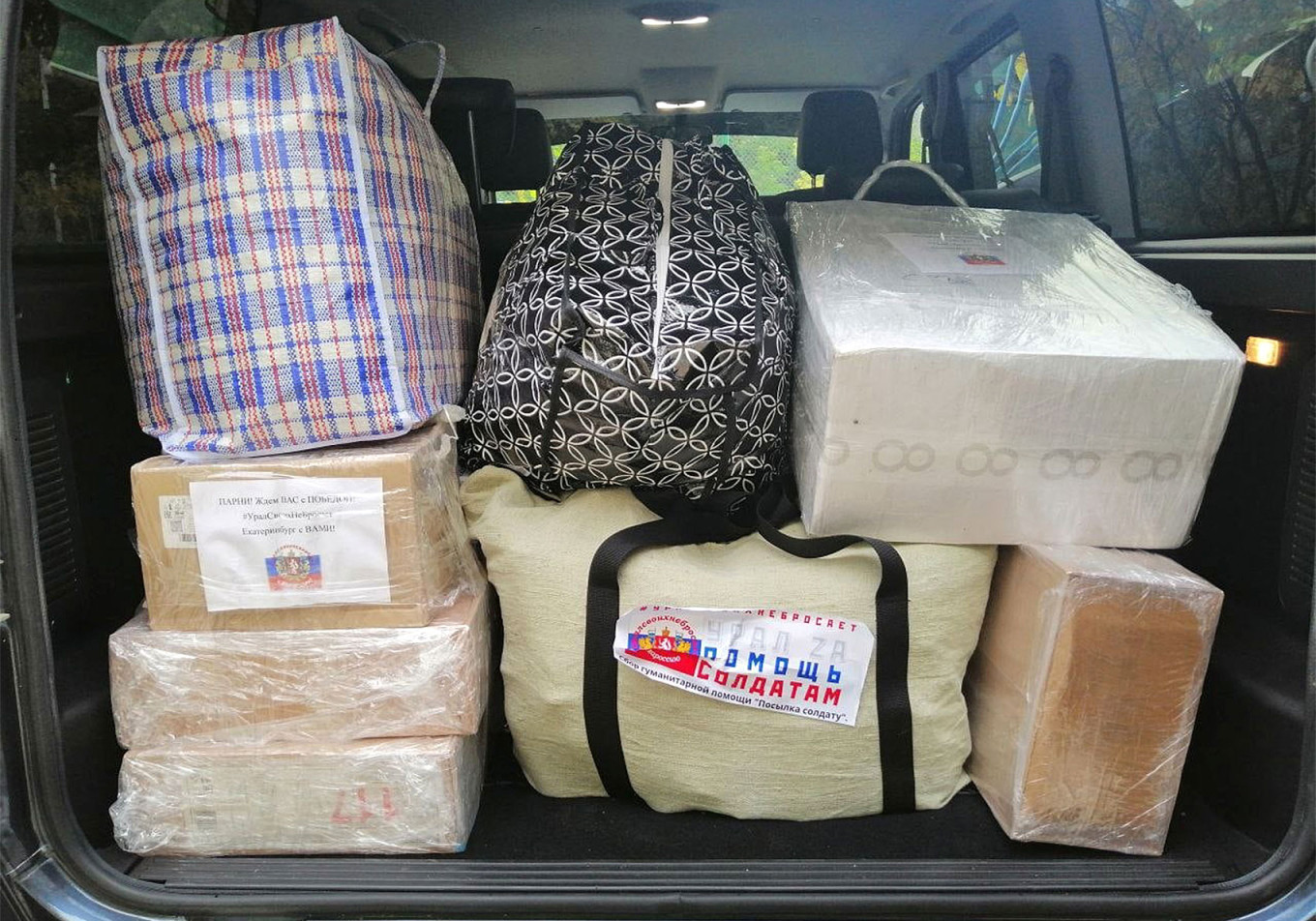
The group also runs online auctions in which it sells everything from French designer jackets and Soviet badges to crocheted children’s toys and authentic Russian army ration packs “signed by a soldier” to raise money.
The proceeds of the auctions have been used to buy a thermal imaging camera, 30 first aid kits and four pairs of night vision goggles, according to the group.
That one of the world’s most well-funded armies lacks such basic equipment suggests the existence of significant corruption and mismanagement, according to Sam Cranny-Evans, a military expert at the Royal United Services Institute (RUSI) think tank in London.
“There's things like socks, basic equipment that Russian soldiers should have but don't. And that comes back to a culture of corruption that seems to come from the very top,” Cranny-Evans said.
In further evidence of possible military graft, a RUSI report published earlier this year found that personal equipment and body armor introduced as part of Russia’s 2012 Ratnik program was widely available to buy on Avito.
Even once they have obtained supplies, volunteer groups still face the challenging task of actually getting it to the soldiers on the frontline.
Many rely on supporters making trips to the Ukrainian border, or send the items that they have purchased in packages to the western Russian city of Belgorod.
“It is becoming unsafe to travel from Belgorod, the war has already crept up to the border, and residents constantly hear artillery,” the Reliable Home Front group posted last week.
“[But] for the sake of the guys, our girls hit the road and handed everything over,” the group said about a recent volunteer trip to the border city.
“Our fearless girls are the ones keeping the Russian world going.”
A Message from The Moscow Times:
Dear readers,
We are facing unprecedented challenges. Russia's Prosecutor General's Office has designated The Moscow Times as an "undesirable" organization, criminalizing our work and putting our staff at risk of prosecution. This follows our earlier unjust labeling as a "foreign agent."
These actions are direct attempts to silence independent journalism in Russia. The authorities claim our work "discredits the decisions of the Russian leadership." We see things differently: we strive to provide accurate, unbiased reporting on Russia.
We, the journalists of The Moscow Times, refuse to be silenced. But to continue our work, we need your help.
Your support, no matter how small, makes a world of difference. If you can, please support us monthly starting from just $2. It's quick to set up, and every contribution makes a significant impact.
By supporting The Moscow Times, you're defending open, independent journalism in the face of repression. Thank you for standing with us.
Remind me later.



